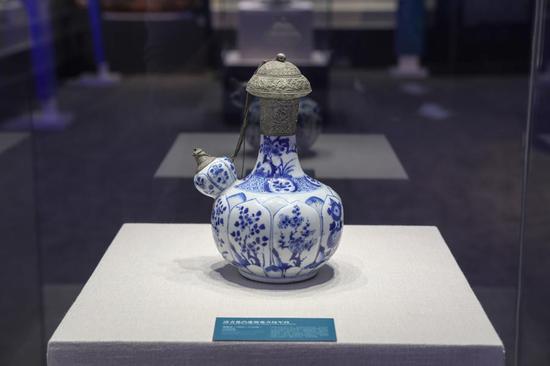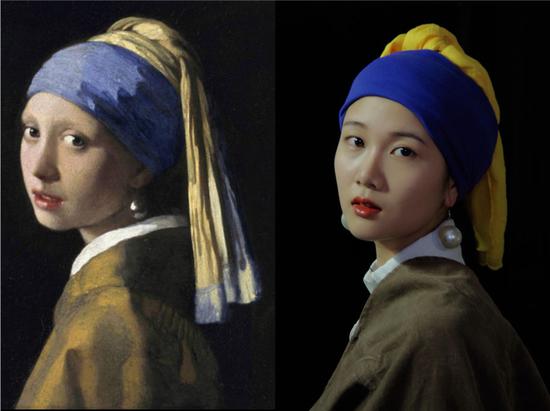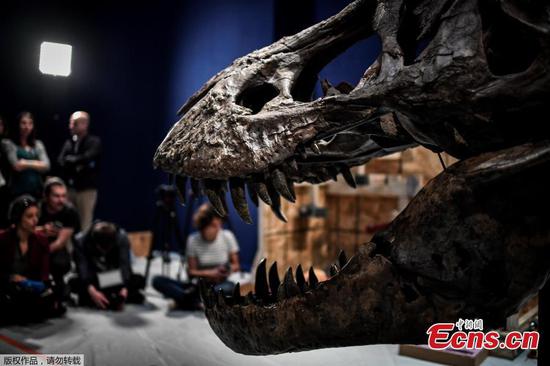A new study by a team of international researchers has shown for the first time that artificial intelligence (AI) performs better than most dermatologists at detecting skin cancer.
The study, published Monday on the journal Annals of Oncology, trained a deep learning convolutional neural network (CNN), a form of AI, to identify skin cancer by showing it more than 100,000 images of malignant melanomas as well as benign moles.
They then compared its performance with that of 58 international dermatologists.
On average, human dermatologists accurately detected 86.6 percent of melanomas from a set of 100 images, while the CNN algorithm detected 95 percent of melanomas, according to the study.
"The CNN missed fewer melanomas, meaning it had a higher sensitivity than the dermatologists," said Holger Haenssle, first author of the study and a professor at the University of Heidelberg, Germany.
The study also showed the CNN algorithm misdiagnosed fewer benign moles as malignant melanoma, which means it had a higher specificity.
"This would result in less unnecessary surgery," said Haenssle in a statement published on EurekAlert, a news release website under the American Association for the Advancement of Science.
Each year, there are an estimated 232,000 new cases of malignant melanoma worldwide and around 55,500 deaths from the disease, according to the International Agency for Research on Cancer, a specialized cancer agency of the World Health Organization.
It can be cured if detected early, but many cases are only diagnosed when the cancer is more advanced and harder to treat.
Although the CNN algorithm will not replace human doctors, the researchers believe that it can be used to aid doctors to diagnose skin cancer faster and better.
However, they also admitted that there is much more work to be done to implement this AI technology safely in routine clinical care.


















































